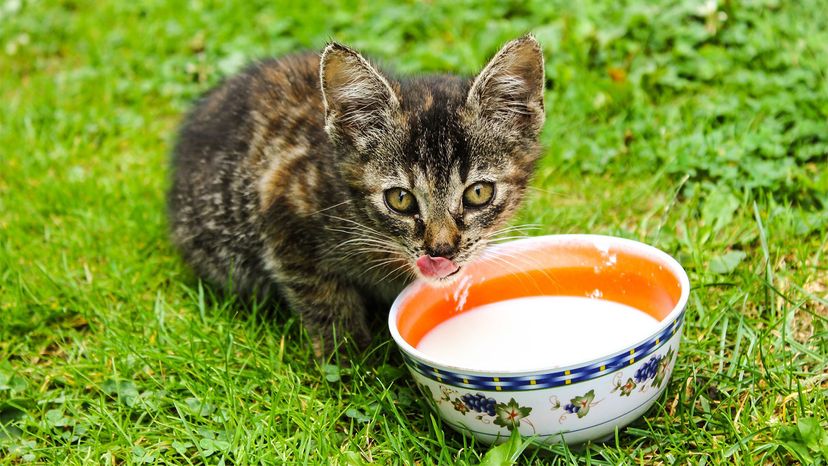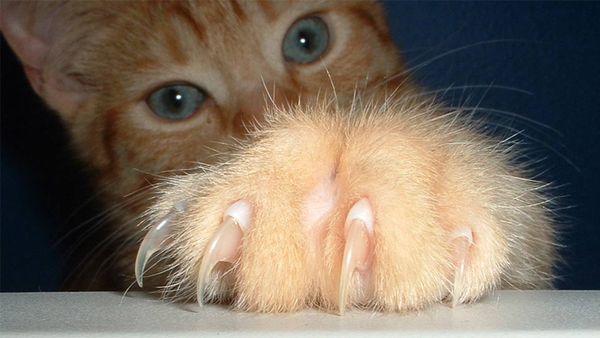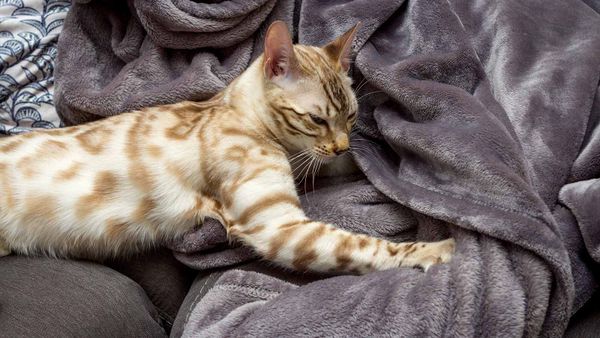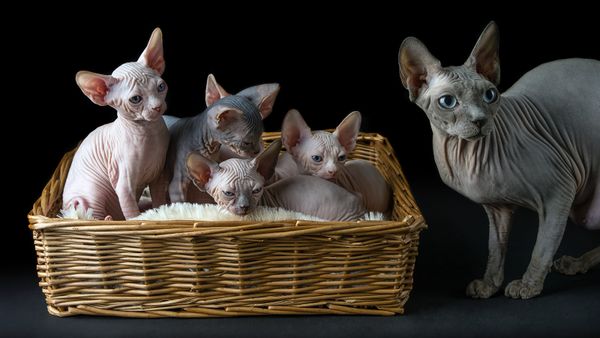
Diarrhea is a problem that most pet parents might not want to talk about, but it can be even more serious for cats than for humans. If you're cleaning your cat's litter box and notice that her stools have been loose lately, it could be cause for concern.
When the body needs to get rid of something quickly, it speeds up the action of the intestines and cuts down on water reabsorption from the gut. Diarrhea is actually a defense mechanism. Once the cat's body has expelled the suspect stuff — and no more is taken in — diarrhea usually clears up by itself. So it's possible that your cat has just eaten something that didn't agree with her stomach, and there's no real reason to worry.
Advertisement
However, certain viruses and diseases, a change in diet or a food allergy can also trigger diarrhea. If it's one of these causes, the diarrhea may not clear up for several days. Because it also removes a lot of fluid from the body, bouts of diarrhea lasting more than 24 hours may cause dehydration, which is a potentially serious condition.
Start by making a mental checklist of the previous 24 hours. Some things to think about:
- Did your cat rummage through the garbage?
- Did she drink some milk (which can cause diarrhea due to the lactose content)?
- Did she have a snack of "people" food?
- Did she eat a new food of any kind?
- Did she experience a major stress or trauma (such as a plane trip)?
Now think about the past week and anything unusual that may have occurred:
- Has there been an increase in stress for the cat?
- Did she eat some nonfood item?
- Has she been showing other symptoms of illness?
Call the vet immediately if severe (watery or "explosive") diarrhea continues for more than 24 hours or if diarrhea worsens, is bloody or is accompanied by other symptoms such as vomiting, fever or difficulty walking. It could be anything from something like worms to something more serious like panleukopenia (feline distemper).
If your cat just has mild diarrhea, however, you can treat it at home. Read on to learn about some home remedies for a cat with diarrhea.
Advertisement


